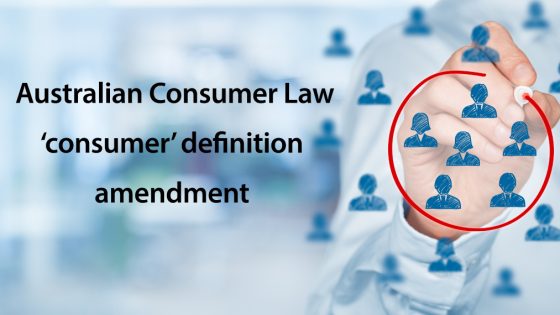In what is shaping up to be an icy affair, the Australian Competition and Consumer Commission (‘ACCC’) has commenced proceedings in the Federal Court against Australasian Food Group Pty Ltd, trading as Peters Ice Cream (‘Peters’), alleging it froze out its competitors.
Over a cool five years, from November 2014 through to December 2019, the ACCC is alleging that Peters engaged in exclusive dealing with PFD Food Services Pty Ltd (‘PFD’) through a national distribution agreement between the two parties for the supply of individual ice cream and frozen confectionary products.
PFD distributed Peters’ products to petrol and convenience retailers across Australia. The distribution agreement contained an exclusivity clause that prevented PFD from distributing competing ice cream products. Due to demand for distribution services from other ice cream manufacturers, PFD approached Peters for permission to distribute competitors’ products, however, Peters refused to allow it, relying upon the exclusivity clause in the agreement.
According to the ACCC, “for new entrants, PFD was the only distributor capable of distributing single-wrapped ice cream products to national petrol and convenience retailers on a commercially viable basis.” Further to this, the ACCC stated that it wasn’t commercially viable for new entrants to wear the costs in establishing their own national network to distribute single-wrapped ice creams – directly as a consequence of Peters and PFD’s agreement.
So, what’s wrong with carving out an exclusive distribution agreement?
Exclusive dealing is illegal in Australia when it “substantially” lessens competition. It is prohibited on the basis that it is against the public interest; it deprives consumers of choice and potentially lower prices.
Acting in your business’ commercial interests is natural, however, doing so in a way that is detrimental to consumers because it substantially lessens competition is prohibited in Australia under the Competition and Consumer Act.
This type of action – restricting how one company conducts business dealings with others – is referred to as exclusive dealing. In a nutshell, in refusing PFD’s requests to distribute competitor products, Peters effectively barred or substantially reduced competition in the marketplace, and in doing so, limited ice cream choice for consumers.
Businesses who engage in conduct that is anti-competitive are at risk of legal ramifications – in this particular matter, the ACCC is seeking against Peters declarations regarding the company’s breach of the law, monetary penalties, a compliance program order and recovery of legal costs.
Peters has since entered into a new agreement with PFD that enables the distributor to also distribute products for Peters’ competition.
Can a business ever engage in anti-competitive behaviour such as exclusive dealing?
In certain circumstances, businesses can apply for an exemption from the ACCC which, when granted, permits them to act in this way. One of the key criteria the ACCC will assess in determining the application is whether the likely public benefit from the conduct outweighs the likely public detriment. If the criteria are met and an exemption is granted, the risks associated with legal action for anti-competitive behaviour are removed. Here is the link to ACCC website to learn more about applying for an exemption.
For more information on what constitutes exclusive dealing, how you can avoid engaging in it or how to address the conduct of a third party you believe is engaging in exclusive dealing, please contact me on 0402 136 083 or emacfarlane@macfarlane.law.



